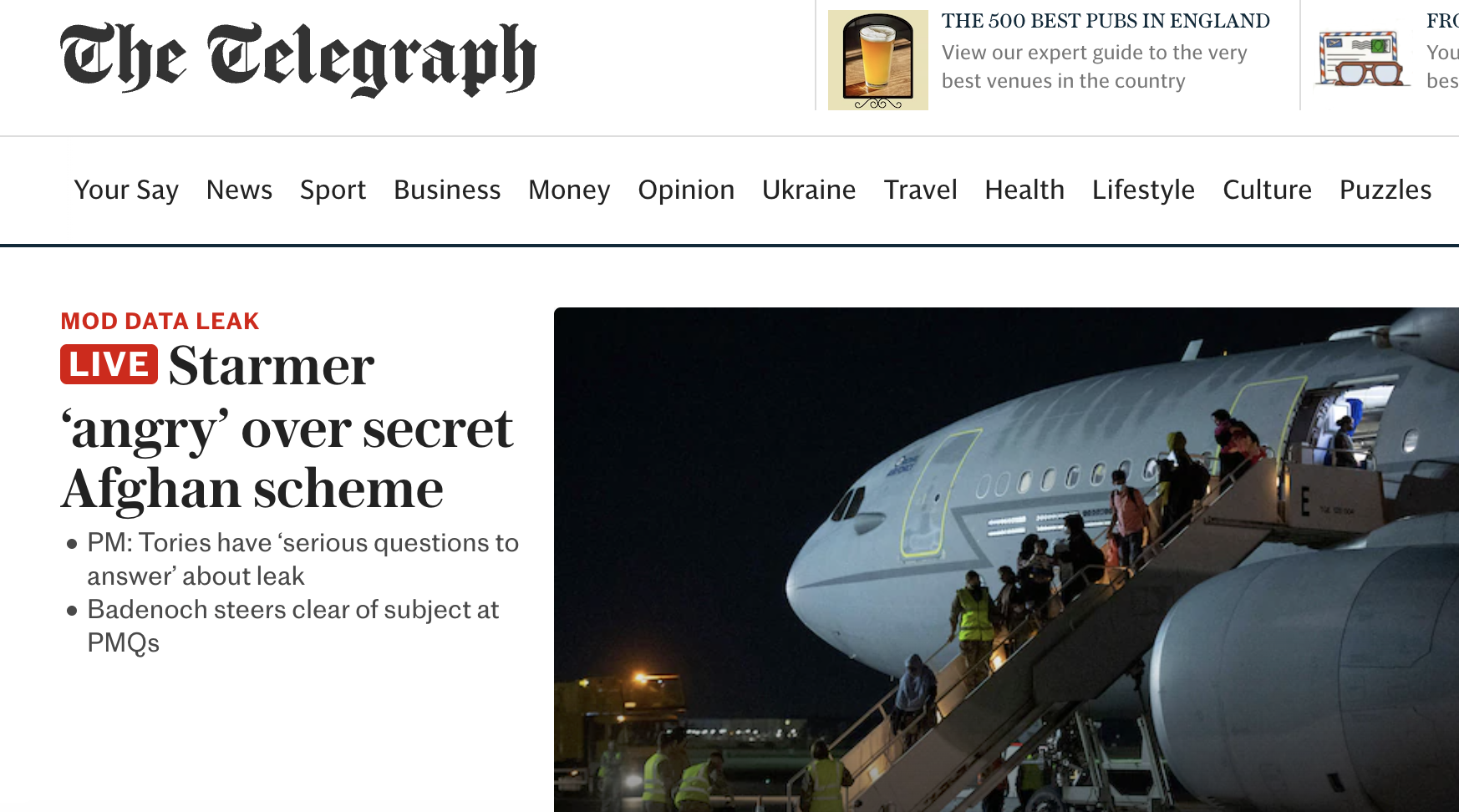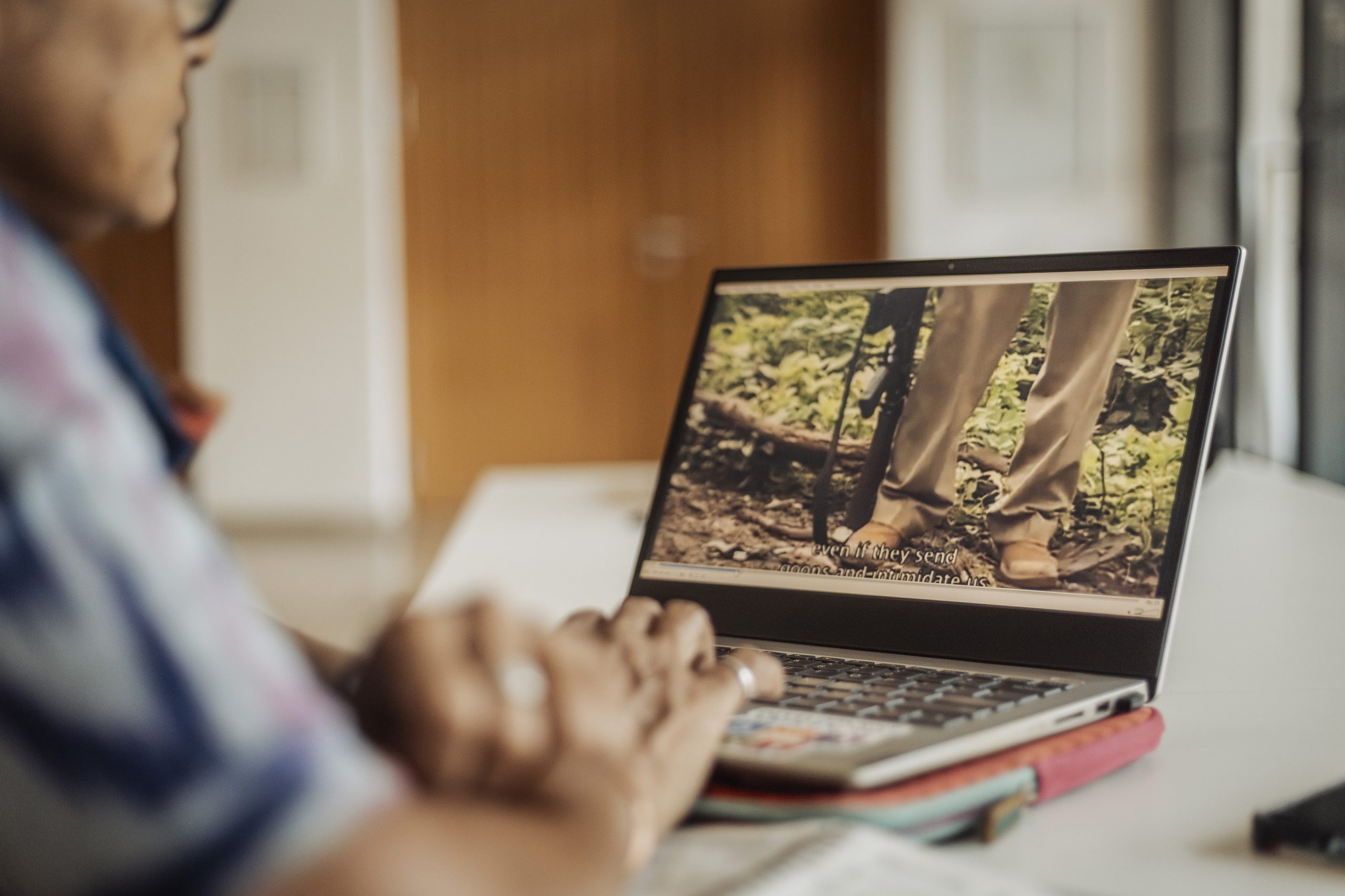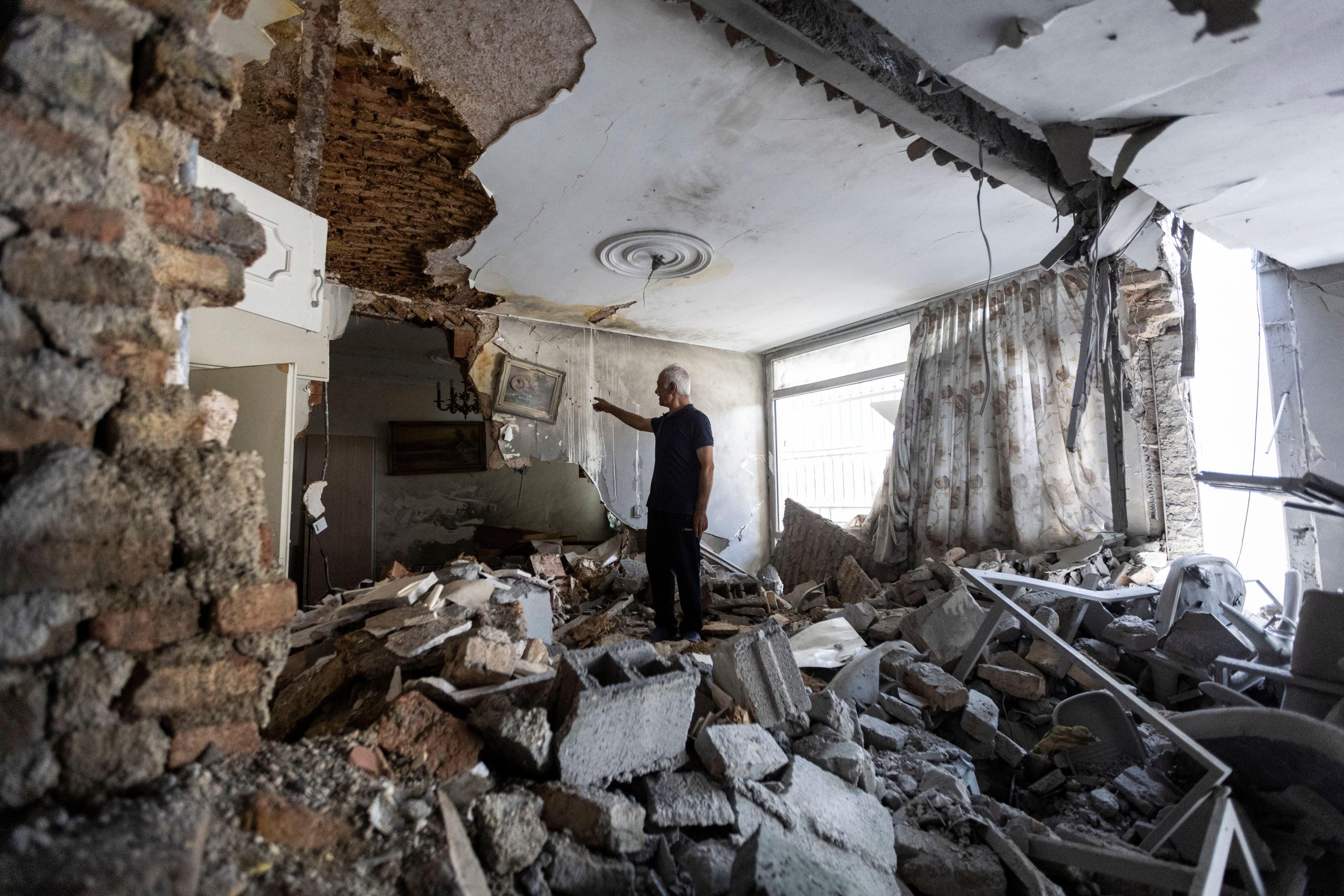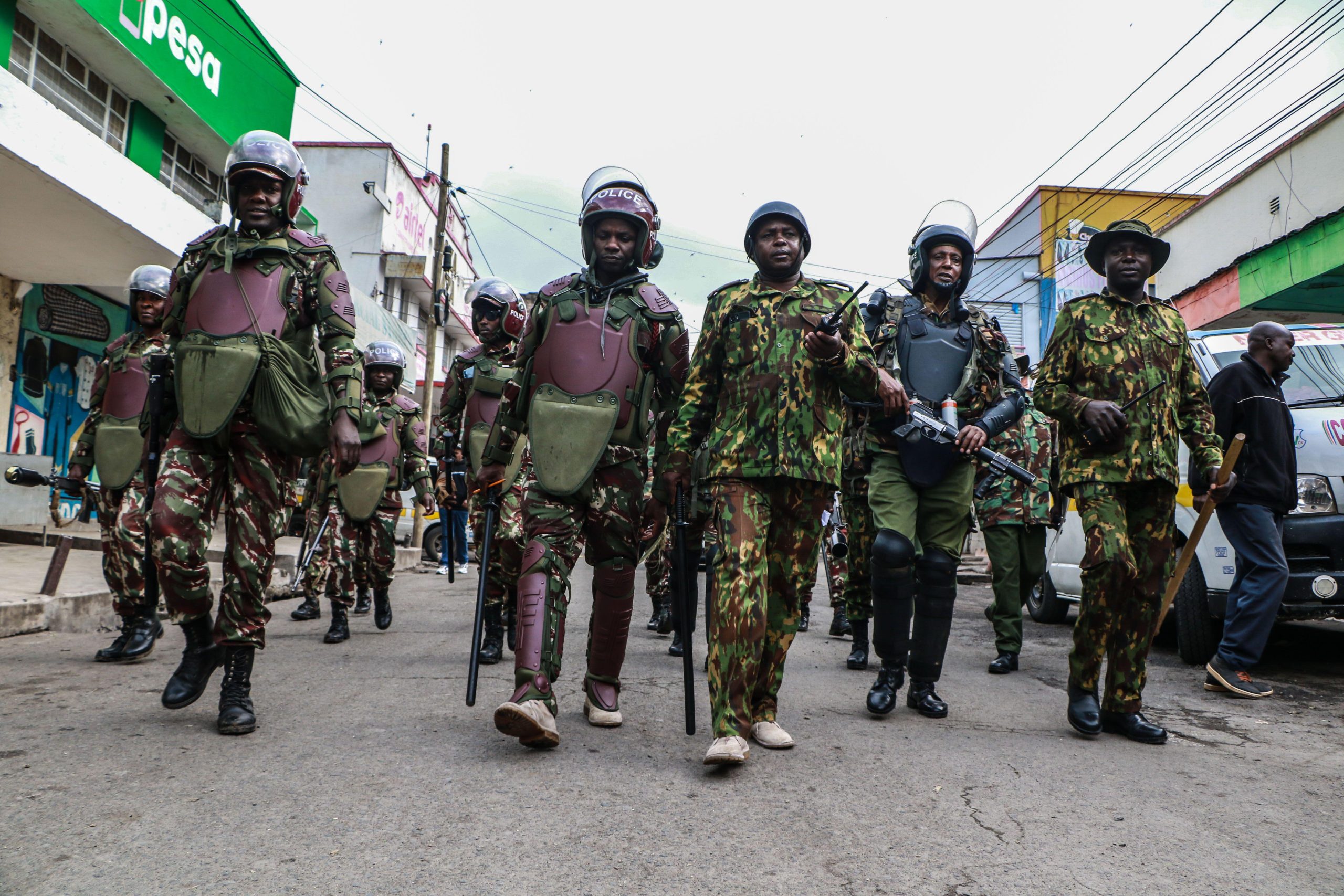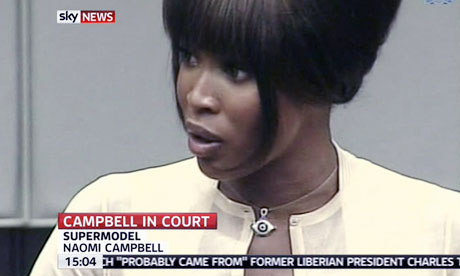
The barring of photographers from picturing the supermodel at the Hague highlights the clash between privacy and free expression. Simon Jennings reports
Supermodel Naomi Campbell gave a bullish performance as she testified in The Hague war crimes trial of the former Liberian president, Charles Taylor, this week.
When American prosecutor Brenda Hollis pointed out that she seemed to be answering the questions before they had been asked and inquired if she was nervous, Campbell replied : “No. I didn’t really want to be here. I was made to be here,” adding that it was a “big inconvenience” for her.
Campbell had made no secret of her reluctance to be involved in the proceedings before the UN’s Special Court for Sierra Leone. She had to be subpoenaed by judges to appear on behalf of prosecutors who are seeking to link Taylor to blood diamonds and the funding of Sierra Leone’s Revolutionary United Front in the 1991-2002 civil war in Sierra Leone. Taylor is charged with 11 war crimes and crimes against humanity including murder, rape, and conscripting child soldiers.
When Campbell did agree to appear she requested a host of privacy measures for her visit to the court in The Hague. While judges rejected most of her demands they did grant a ban on all photographs of her entering or leaving the courtroom or outside the court building.
Judges ruled that there were “legitimate grounds of concern for Ms Campbell’s security and privacy by virtue of her public persona and the extremely intense media scrutiny relating to her anticipated testimony.”
The decision has surprised leading media lawyers who say such restrictions would not be imposed in the UK for a witness testifying in public.
“I am very surprised that the court took the view that these restrictions were necessary and proportionate,” said London-based lawyer Guy Vassall-Adams of Doughty Street Chambers.
“The position here in the UK is that photographs in court are prohibited, however, unless the identity of a witness is itself secret, the media is entitled to photograph them entering and leaving the court building.”
Vassall-Adams explained that her lawyers would have likely pointed to a potential media scrum outside the courtroom. But he questioned the grounds on which the court found such privacy measures were really necessary.
“It is very hard to understand the basis on which the court was prepared to accept that it was really necessary to prevent photographers taking photographs of her in a public place,” he said.
“The concern would be that the court is acceding to the request of a celebrity witness in granting measures that wouldn’t be granted for anyone else. I think it is an unfortunate precedent.”
The court is accustomed to providing protective measures, including guaranteeing a witness’ anonymity, in order to ensure their safety in highly sensitive circumstances that often surround the hearing of evidence on war crimes. But observers of trials in The Hague note that Campbell is a renowned celebrity and her involvement and potential influence on the case has been in the public domain for months.
Campbell’s request for a photo ban may be seen as an exercise in damage limitation in terms of any negative publicity that her involvement in the trial may bring. But that would not be something that judges would entertain when considering an issue related to press freedom, Vassall-Adams said.
“That shouldn’t be a factor that should influence the court and, I haven’t seen the evidence, but it is difficult to see on what proper basis you can prevent the media from photographing a witness in criminal proceedings who is giving evidence in public whose involvement in the proceedings is extremely well known, ” Vassall-Adams said. “What’s the reason? It is very difficult to see.”
Other commentators have pointed out that there is no common approach to privacy issues across Europe and some jurisdictions take a very different view on the matter from Britain. Judges in Britain tend to fall back on Article 8 of the 1998 Human Rights Act in deciding such issues.
“In Britain we do not have privacy laws per se,” said Julian Petley, chairman of The Campaign for Press and Broadcasting Freedom, based in London. “In a country such as France people’s privacy is more protected.”
Guidance from the European Court of Human Rights, ECHR, comes down in favour of an individual’s privacy in a court setting, albeit where it has been applied to someone convicted of a crime rather than a witness. In a recent case in Norway two editors were fined for publishing photographs of a woman convicted of murder leaving the court building. Press laws in Norway state that it is “prohibited to take photographs or make recordings of the accused or the convicted on his or her way to, or from, the hearing”. In April 2009 the ECHR upheld this view and the Norwegian government’s argument that the photographs were not of sufficient public interest to merit publishing.
Campaign group ARTICLE 19 has also criticised the Special Court’s ruling this week.
“While ARTICLE 19 believes that the protection of Ms Campbell’s privacy and security are legitimate considerations, the SCSL’s protection appears excessive in view of the fact that Ms Campbell is a public figure who participated in a public hearing,” said Boyko Boev, a legal officer at the organisation. “There is no sufficient reason to protect her privacy in these circumstances.”
However although the media’s reporting was restricted by the court’s decision Boev said that in terms of Campbell’s actual evidence, the public interest test was still satisfied.
“The public interest to receive information has not been hampered in this case, because Mrs Campbell’s testimony was both televised and broadcast online.”
Simon Jennings is International Justice Reporter at the Institute for War and Peace Reporting


